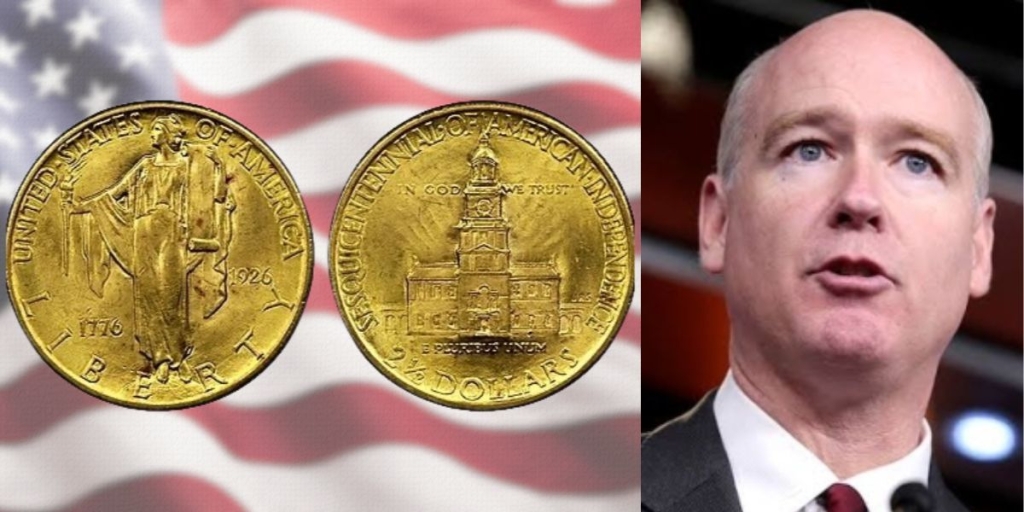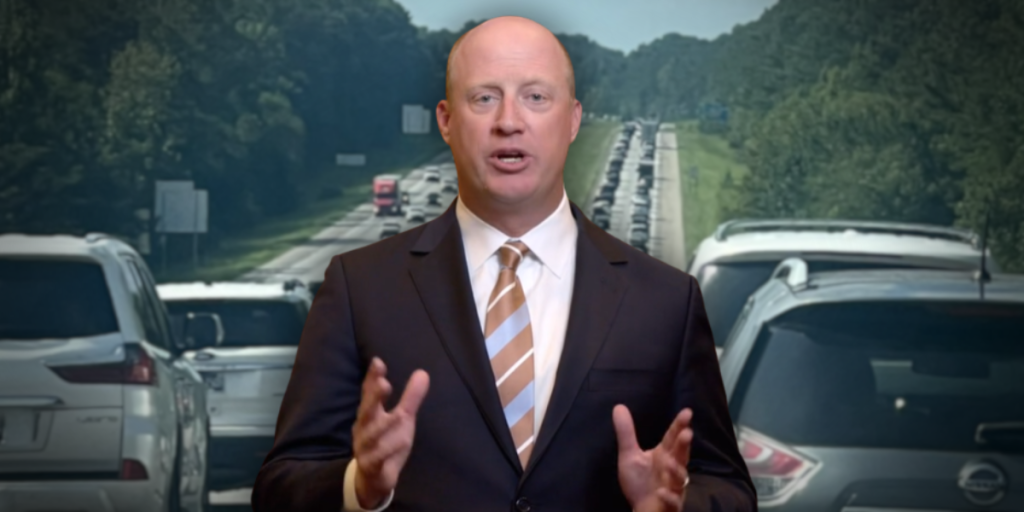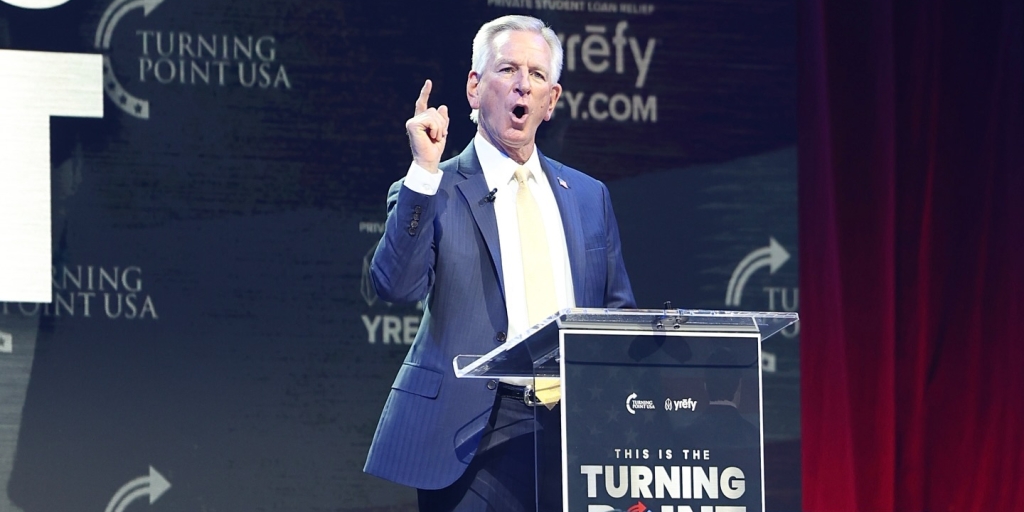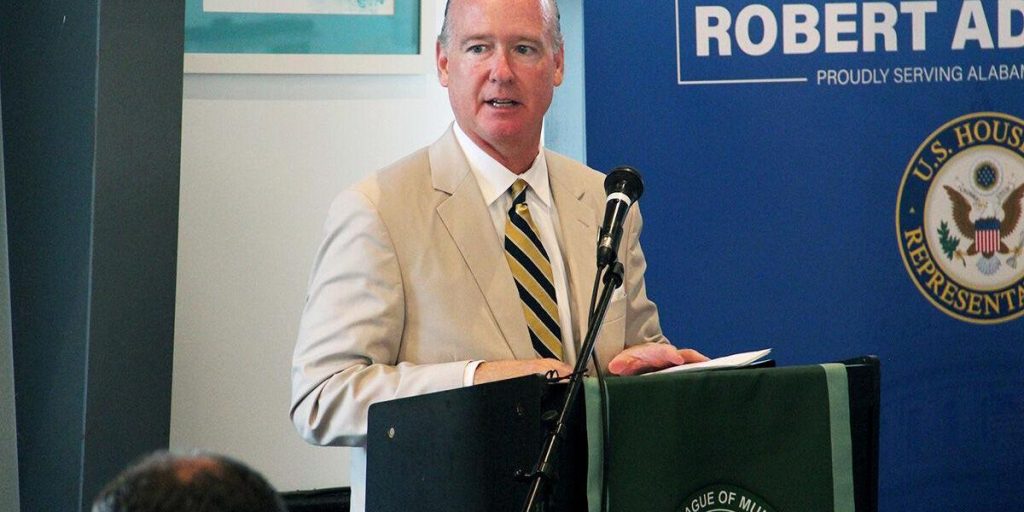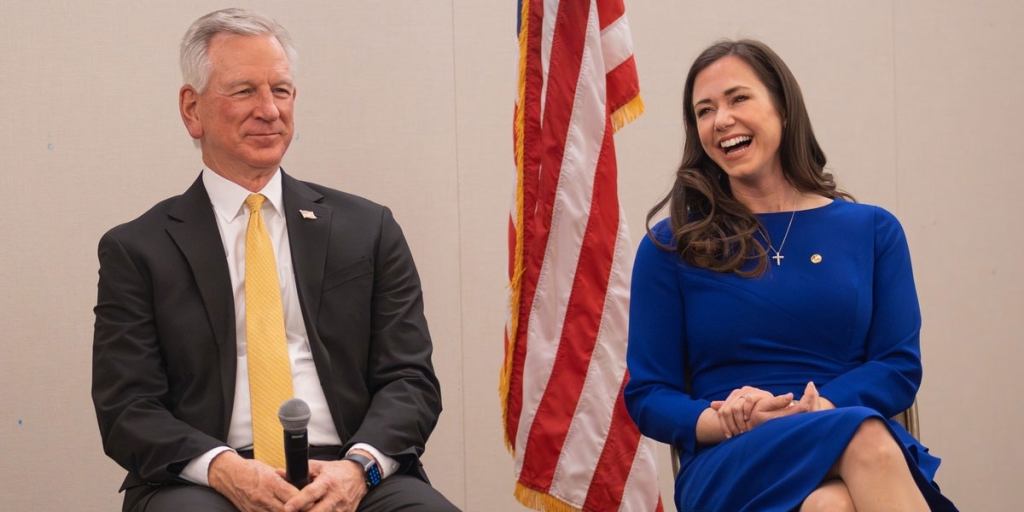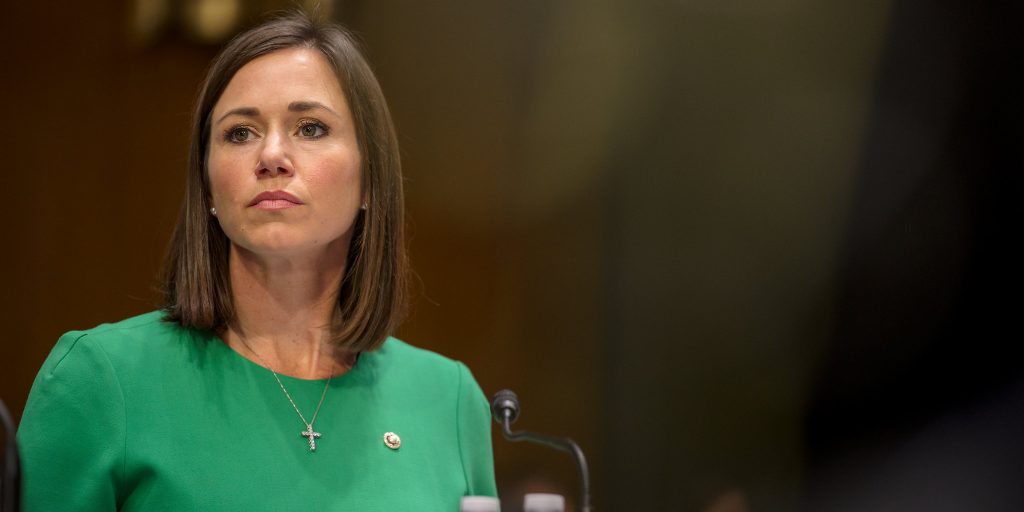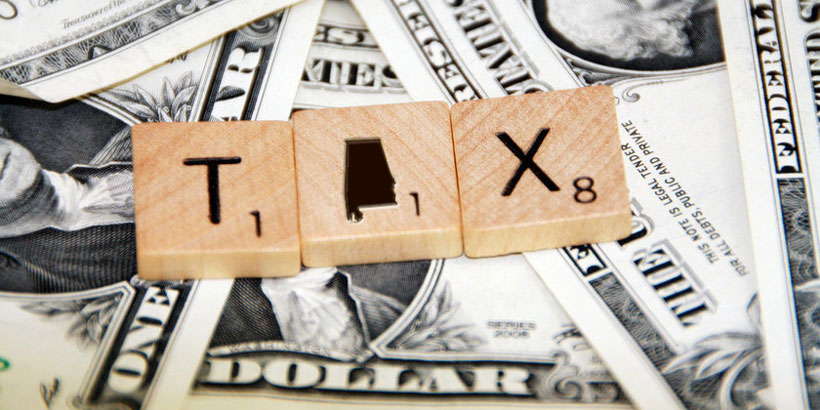In what has become a Groundhog Day scenario, federal legislators will likely grant approval to raise the federal debt limit — again. This will be the 79th time that Congress will raise the debt limit. With an $18.2 trillion national debt, amounting to nearly $57,000 per citizen, every American should find this fiscal irresponsibility disconcerting.
Our substantial national debt as well as our government officials’ continued predisposition towards unfettered spending at the federal, state, and local levels drags down our economy, reduces our economic freedom, and makes us vulnerable when it comes to national defense.
Our nation’s fiscal profligacy is even worse than our elected officials care to admit. In testimony before the Senate Budget Committee, Boston University economist Laurence Kotlikoff declared our country broke. The aforementioned $18.2 trillion official national debt is, in fact, substantially misleading. A proper accounting of all of our country’s debt service, transfer payments, and spending puts our fiscal gap at a staggering $210 trillion — if we stacked this up in $1 bills, it would wrap around the earth over 570 times!
To put this in a different — and perhaps even more troubling — perspective, John D. Rockefeller, the world’s first billionaire, could have easily paid off the national debt in 1916 with his own personal fortune. Today, however, Rockefeller would only be able to pay the interest on our national debt for a little over a year. The $80 billion fortune of Bill Gates, the richest person in the world today, won’t even cover the interest on our national debt for a half year! Even adding up the entire $2.29 trillion net worth of the 2014 Forbes 400 list amounts to only a fraction of our debt. And that doesn’t include additional trillions of dollars of debt racked up by state and local governments.
While Americans have more or less come to accept unrestrained spending at the federal level, it is concerning that those bad behaviors are being picked up by state and local government officials. Even our state and local politicians can’t curb their spending appetites, with 22 states – Alabama included – facing fiscal gaps this year. If we can’t reign in spending in our own backyard, how can we expect to hold our federal officials accountable?
For instance, here in Alabama we face a budget gap of $290 million. Despite being one of only two states in the nation with both out-of-control, public sector compensation and oversized public employment, our state officials are struggling to find ways to fill the gap without resorting to economically harmful taxes (if they are trying at all).
These trends are clearly unsustainable. Yet these bad habits are hard for politicians to break without the political support of the people. My former professor, economist Walter Williams, stresses that renewed respect and appreciation for the Constitution is required to reverse these troubling trends.
As we approach Independence Day, perhaps it is time to dust off our founding documents and show a concerted effort to appreciate and enforce the limitations they put on government. Their project served us well, resulting in unprecedented economic growth and prosperity. However, in the spirit of Benjamin Franklin’s famous warning he issued upon emerging from the Constitutional Convention, it is up to us to keep it. Each day, on our watch, our federal fiscal gap grows larger, compromising our American legacy of freedom. Instead of life, liberty, and the pursuit of happiness, will we be passing on life, deficits, and debt to future generations?
Daniel J. Smith is an assistant professor of economics at the Johnson Center at Troy University. Follow him on Twitter: @smithdanj1






